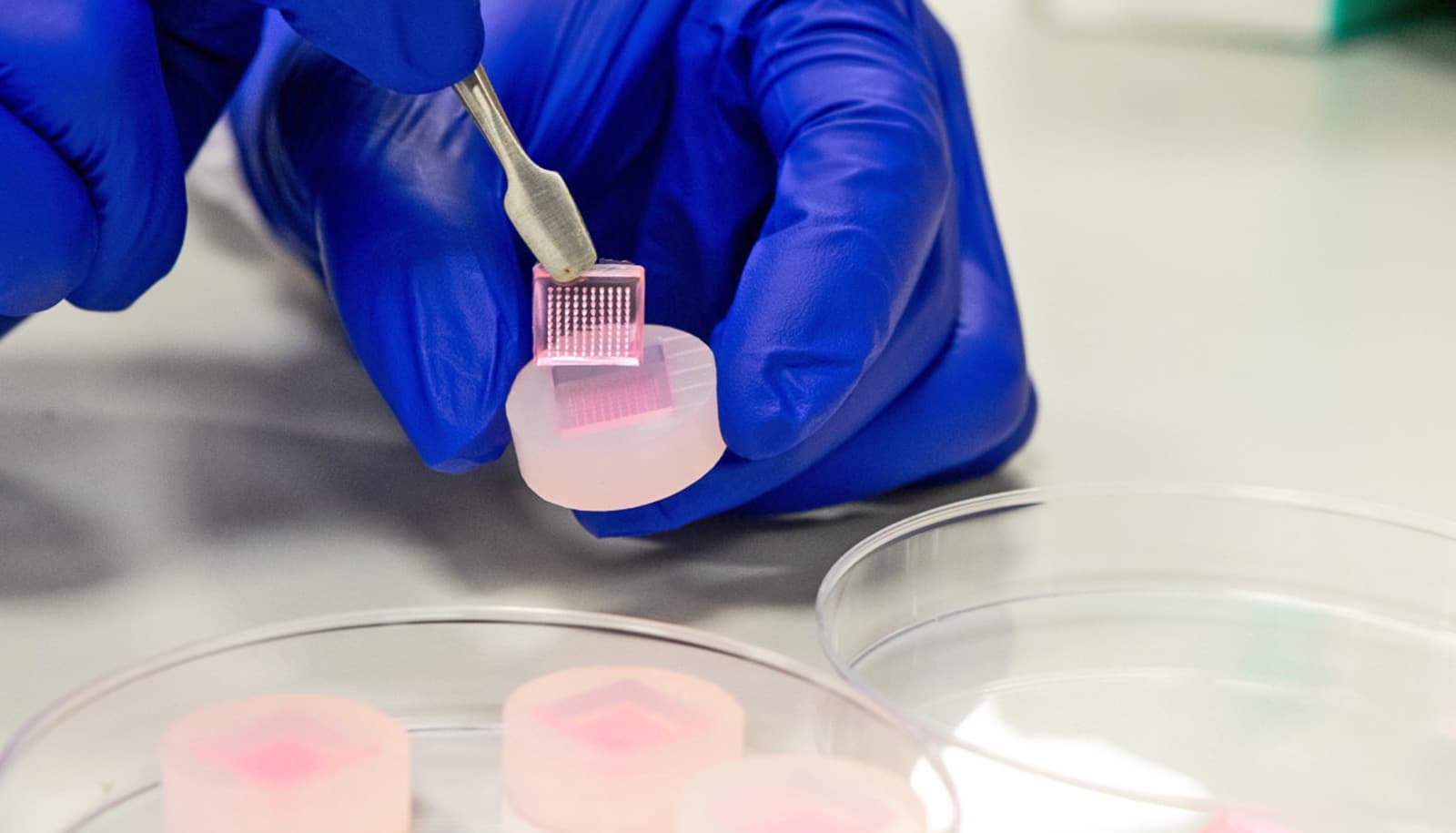New research links an increased risk of diabetes to higher intake of red meat and poultry, and suggests dietary iron may play a role in the association.
These findings come from the Singapore Chinese Health Study, which recruited 63,257 adults aged 45–74 years between 1993 and 1998, and then followed them up for an average of about 11 years.
The study found a positive association between intakes of red meat and poultry and the risk of developing diabetes. Specifically, compared to those in the lowest quartile intake, those in the highest quartile intake of red meat and poultry had a 23 percent and 15 percent increase in risk of diabetes, respectively, while the intake of fish/shellfish was not associated with risk of diabetes.
Substituting fish/shellfish for red meat/poultry reduced the risk.
In trying to understand the underlying mechanism for the role of red meat and poultry in the development of diabetes, the study also investigated the association between dietary heme-iron content from all meats and the risk of diabetes, and found a dose-dependent positive association.
After adjusting for heme-iron content in the diet, the red meat and diabetes association was still present, suggesting that other chemicals present in red meat could be accountable for the increase in risk of diabetes.
Conversely, the association between poultry intake and diabetes risk became null, suggesting that this risk was attributable to the heme-iron content in poultry.
This is one of the largest Asian studies looking at meat consumption and diabetes risk. While the findings are consistent with other Western studies that have shown that the increased intake of red meat and increase in heme-iron content of diet could increase the risk of diabetes, this study demonstrates the additional risk of red meat attributable to other possible chemicals, other than its heme-iron content.
It also suggests that chicken parts with lower heme-iron content, such as breast meat, as opposed to thighs, could be healthier.
New evidence says high-fat diet extends life and strength
“We don’t need to remove meat from the diet entirely,” says professor Koh Woon Puay of Clinical Sciences at Duke-NUS Medical School.
“Singaporeans just need to reduce the daily intake, especially for red meat, and choose chicken breast and fish/shellfish, or plant-based protein food and dairy products, to reduce the risk of diabetes,” she says.
“At the end of the day, we want to provide the public with information to make evidence-based choices in picking the healthier food to reduce disease risk.”
The work appears in the American Journal of Epidemiology. Support for the work came from the National Research Foundation Singapore and the National Institutes of Health.
Source: National University of Singapore



